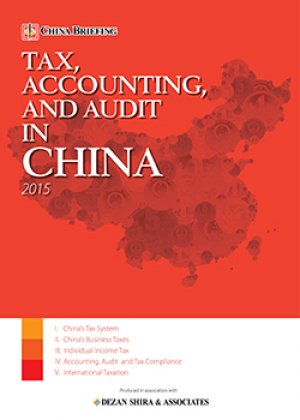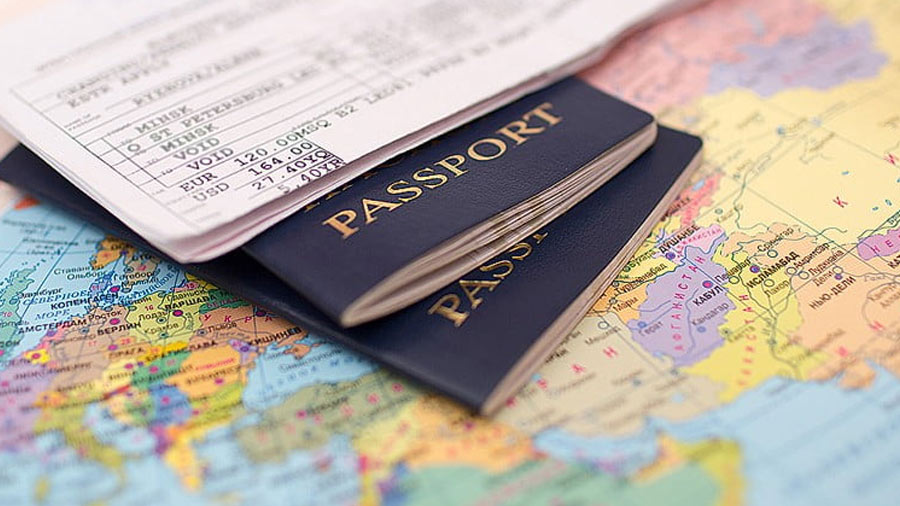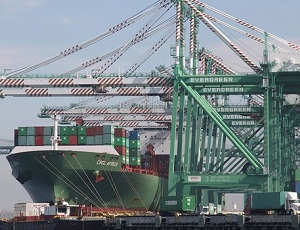Nationwide Tax Refunds for Cross-border Financial Lease
As outlined in our article on the Tianjin Free Trade Zone, the Chinese government is focused on making Tianjin the country’s center for financial leasing. The city already had a strong background in financial leasing prior to the opening of its Free Trade Zone. In 2012, the State Administration of Taxation (SAT) launched a pilot program to refund VAT on exported goods under financial lease in the Tianjin Dongjiang Bonded Port zone. After trialing the program for two years, the Ministry of Finance decided to expand the policy nationwide, effective October 2014.
The policy applies to foreign-invested financial leasing companies approved by the Ministry of Commerce (MOFCOM); locally funded financial leasing companies approved by both MOFCOM and SAT; and financial leasing companies approved by a provincial branch of MOFCOM that are located in National Economic and Technological Development Zones.
Eligible companies may receive refunds for VAT and Consumption Tax (CT) upon meeting either of these two conditions:
- A financial leasing company or its subsidiary is leasing out an asset to an overseas entity for a term of at least five years, which has in fact left the territory of the People’s Republic of China and has completed customs procedures.
‘Assets’ in the sense of this regulation include aircraft, aircraft engines, vessels, railway vehicles and passenger compartments and other fixed assets as defined in the Provisional Regulations of the People’s Republic of China on Value-added Tax. These are machinery, equipment, transportation devices and other production-related apparatus which have been in use for over 12 months.
- Lessors which have purchased domestically produced marine engineering structures to lease to selected domestic companies for use in offshore oil and gas exploitation; and the lease is for at least five years. Such a transaction shall be seen as export, and the lessor can get a tax refund.
Note: the above does not apply to goods that have already benefited from import duties reduction or removal.
The VAT refund is calculated by multiplying the amount on the Special VAT fapiao or duty-paid price on the Special Customs fapiao by the VAT refund rate applicable for the goods under financial lease.
![]() RELATED: China’s Fapiao System: Fapiao and Value-Added Tax
RELATED: China’s Fapiao System: Fapiao and Value-Added Tax
The CT refund amount is simply the amount as indicated on the CT tax bill or customs bill.
Tax Refund Application Process
When exporting the goods, the lessor needs to fill in “Lease of Goods (1523)” on the customs declaration form. Upon approval of the application, the customs will inform the SAT.
The lessor then needs to go to the local tax bureau to apply for the refund, submitting the following documents:
- The Special VAT fapiao for the purchase of the goods now being leased;
- The lease contract;
- The tax refund certification from the customs, or the fapiao for the marine structure; and
- Other documentation required by the tax office.
If the lessee returns the leased goods before the lease period is over, the lessor needs to declare this to the local tax authority and undergo the procedures for importing the goods back into China. The lessor also needs to pay back the VAT and CT over the remaining period. The customs will however not levy import duties and taxes.
|
Asia Briefing Ltd. is a subsidiary of Dezan Shira & Associates. Dezan Shira is a specialist foreign direct investment practice, providing corporate establishment, business advisory, tax advisory and compliance, accounting, payroll, due diligence and financial review services to multinationals investing in China, Hong Kong, India, Vietnam, Singapore and the rest of ASEAN. For further information, please email china@dezshira.com or visit www.dezshira.com. Stay up to date with the latest business and investment trends in Asia by subscribing to our complimentary update service featuring news, commentary and regulatory insight. |
![]()
 Tax, Accounting, and Audit in China 2015
Tax, Accounting, and Audit in China 2015
This edition of Tax, Accounting, and Audit in China, updated for 2015, offers a comprehensive overview of the major taxes foreign investors are likely to encounter when establishing or operating a business in China, as well as other tax-relevant obligations. This concise, detailed, yet pragmatic guide is ideal for CFOs, compliance officers and heads of accounting who must navigate the complex tax and accounting landscape in China in order to effectively manage and strategically plan their China operations.
Managing Your Accounting and Bookkeeping in China
In this issue of China Briefing, we discuss the difference between the International Financial Reporting Standards, and the accounting standards mandated by China’s Ministry of Finance. We also pay special attention to the role of foreign currency in accounting, both in remitting funds, and conversion. In an interview with Jenny Liao, Dezan Shira & Associates’ Senior Manager of Corporate Accounting Services in Shanghai, we outline some of the pros and cons of outsourcing one’s accounting function.
Using China’s Free Trade & Double Tax Agreements
In this issue of China Briefing, we examine the role of Free Trade Agreements and the various regional blocs that China is either a member of or considering becoming so, as well as how these can be of significance to your China business. We also examine the role of Double Tax Treaties, provide a list of active agreements, and explain how to obtain the tax minimization benefits on offer.
- Previous Article Acheter et Imprimer des Fapiao
- Next Article China to Maintain Current Local Tax Incentives for Foreigners






























